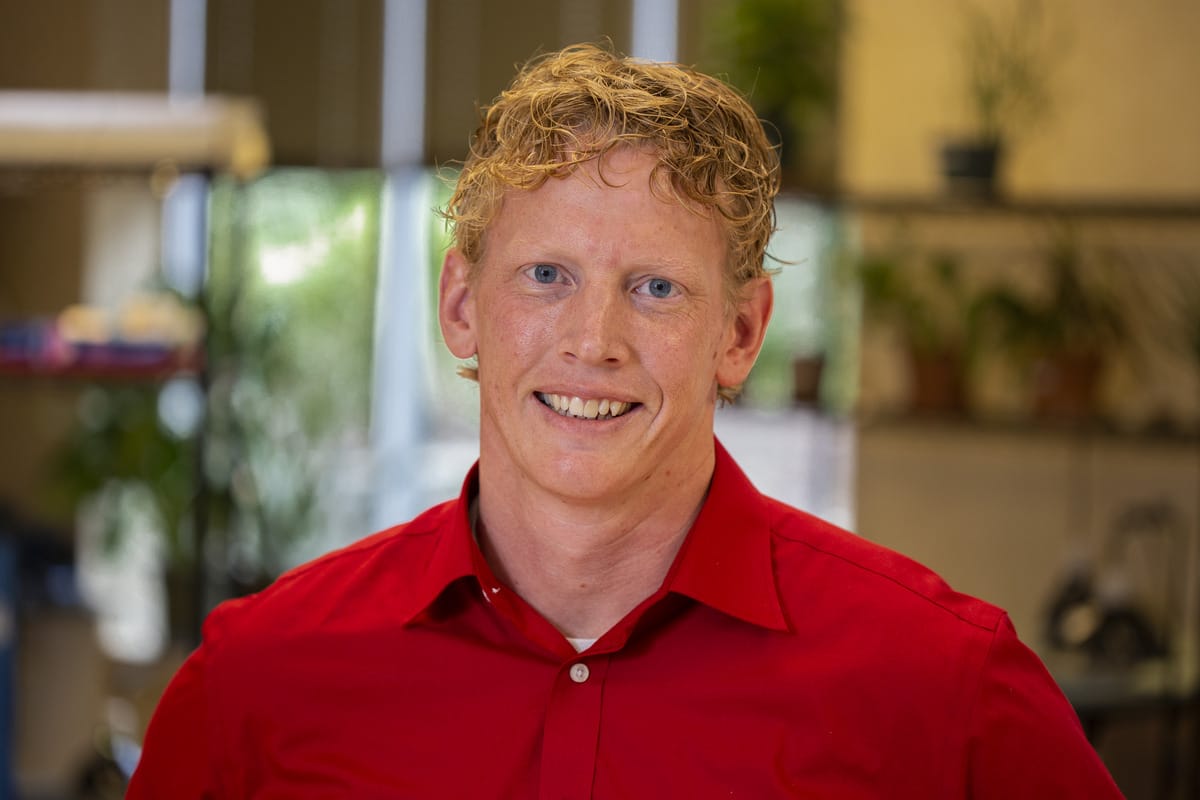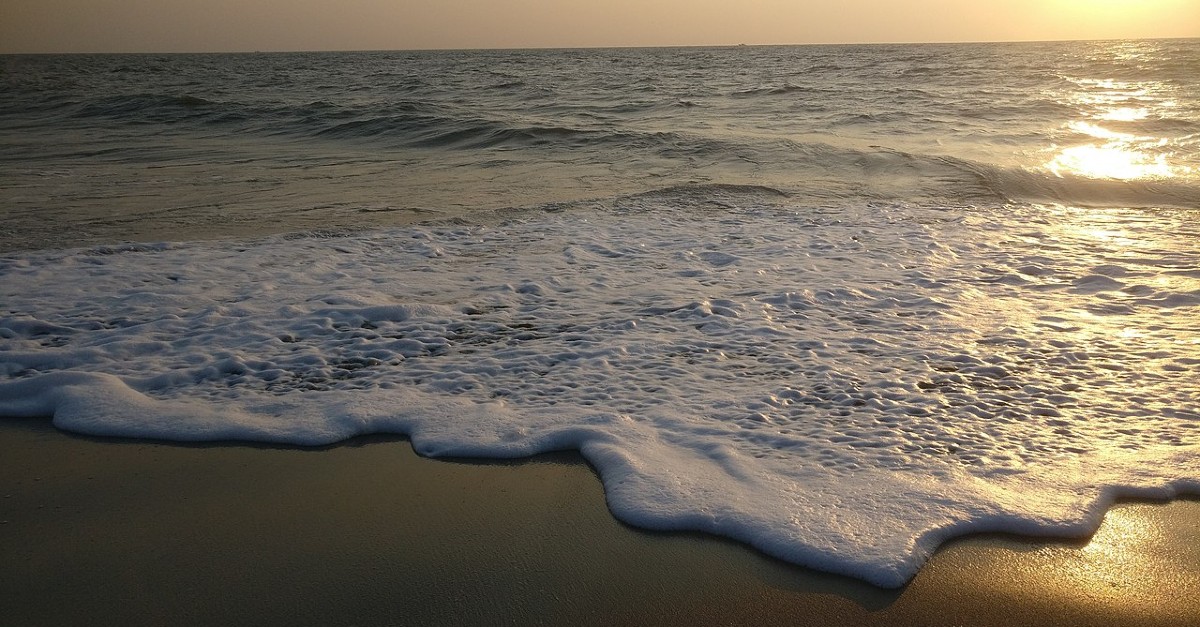You and I can do nothing to stop the spread of the coronavirus.
That’s precisely our task — to do nothing. To stay at home, to stay away, and to stay safe while our world gets a deadly disease under control.
Staying home feels helpless, even if it’s one of the most helpful things you can do. You can feel like a little boat in the middle of a terrible storm. Huge, world-changing events spin your life around, and all you can do is….
Nothing.
As we struggle to adjust to our strange new world, helplessness feels awful. That’s why I was thrilled when I reached out to one of our Blue Apple teachers, Tom Arnold from Modesto, California, to see if there was any way we could help — and there was.
You see, California is in the middle of a lockdown — and Tom is still teaching. In his community, there are hundreds of individuals who perform critical medical services; with schools closed, they have nowhere for their children to go. So California carved into their lockdown an exemption for people providing schooling and childcare to the children of medical professionals. That’s Tom. He and over thirty of his fellow teachers are volunteering in shifts to teach these students so that their parents can save lives.
We gave them all free projects, of course; it was the least we could do. But even if it wasn’t much, at least we were doing something. As we scrambled to figure out logistics and fulfill the order, we felt that old thrill, familiar to teachers everywhere, of making the world a little better place. Instead of feeling like the boat, we felt like the ocean. There were problems in our way, but they were no match for us; we could solve challenges and reach goals and do good in the world.
No matter our circumstances, that thrill is at the center of living rich and full lives.
Now more than ever, teachers and students need to feel empowered. They need to feel some measure of control over a world that’s equal parts inconvenient and horrifying. So today, carve out those spaces where you and your students can be the helpers.
What can you do?
If you’ve been fortunate enough to be spared from layoffs or income disruptions, make a donation to the American Red Cross, the Centers for Disease Control, or the United Way. Create a card to encourage a senior who can’t receive visitors. Do what you can to safely support local businesses. Video chat with your friends and neighbors, especially the ones most in need of human connection.
Challenge your students to do the same, and have them share each day how they served as a helper. Not only will they be helping someone else, they’ll be helping themselves to feel like the ocean.
And, very importantly, share what you’re doing on Facebook, Twitter, YouTube, or other social media platforms — and encourage others to do the same.
A virus is not the only contagious thing; acts of solidarity are as well. Although we are living in isolation, we are not alone. We are still together, and together we are powerful. So while you stay home to prevent the spread of germs, I hope you and your students feel empowered to reach out and promote the spread of connection and kindness.

